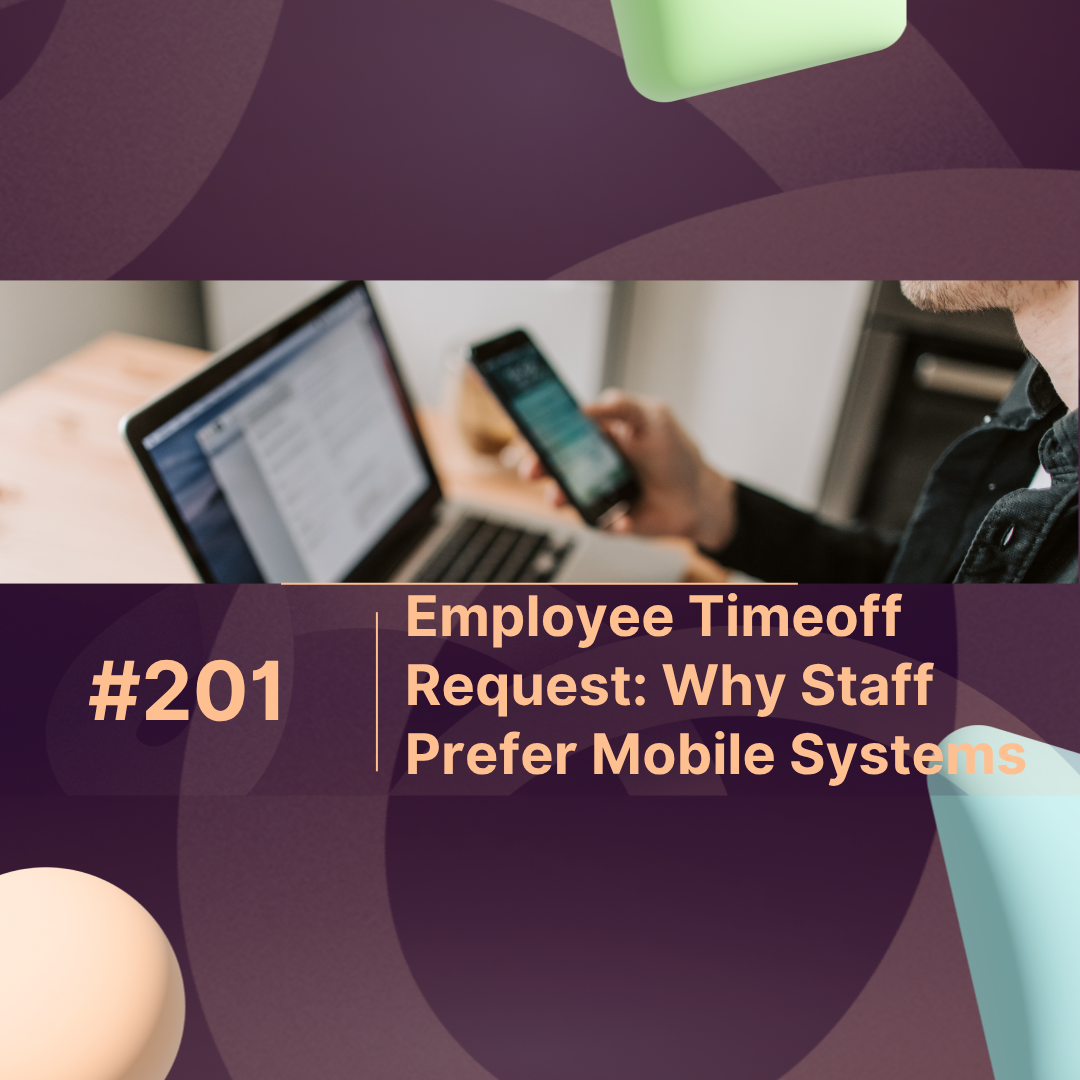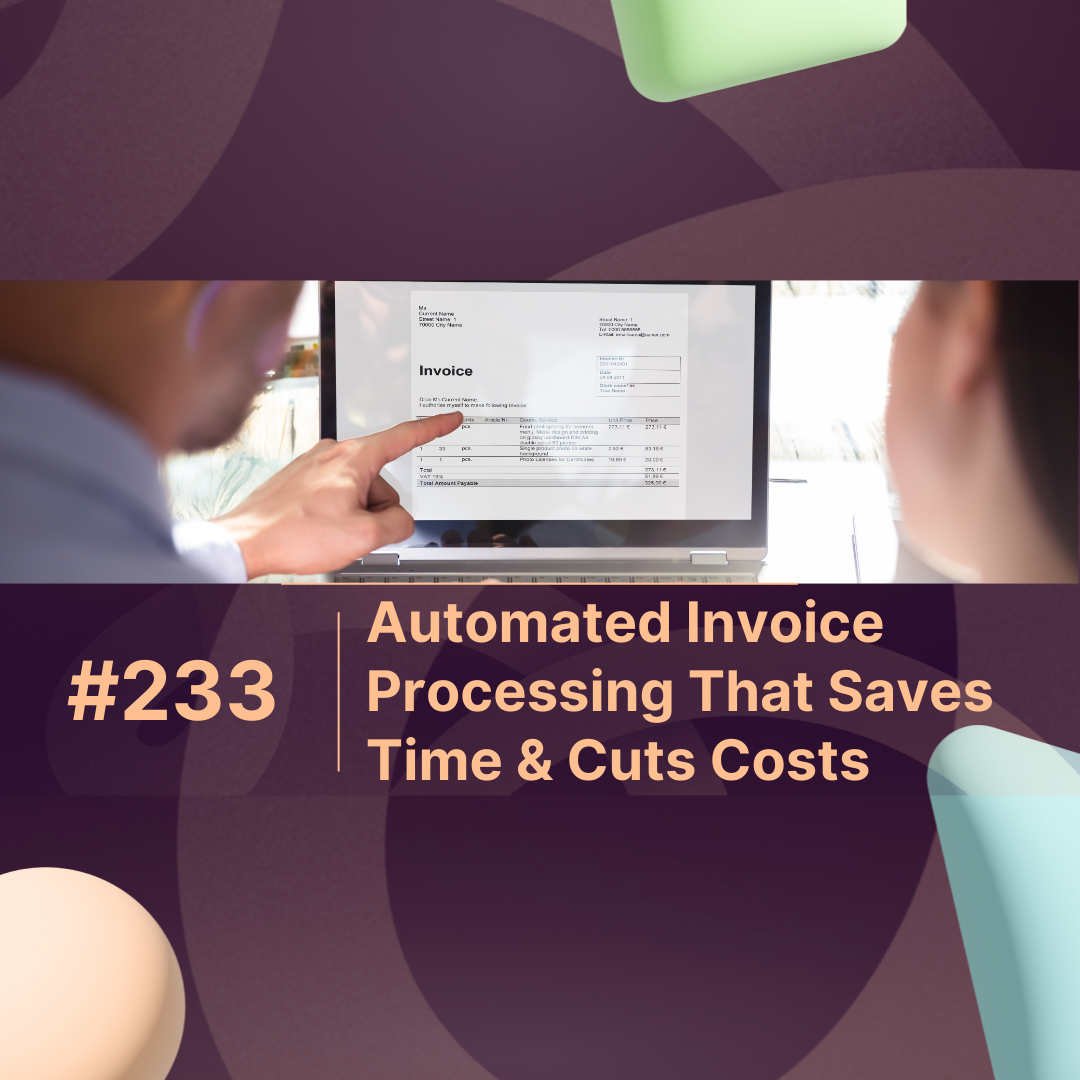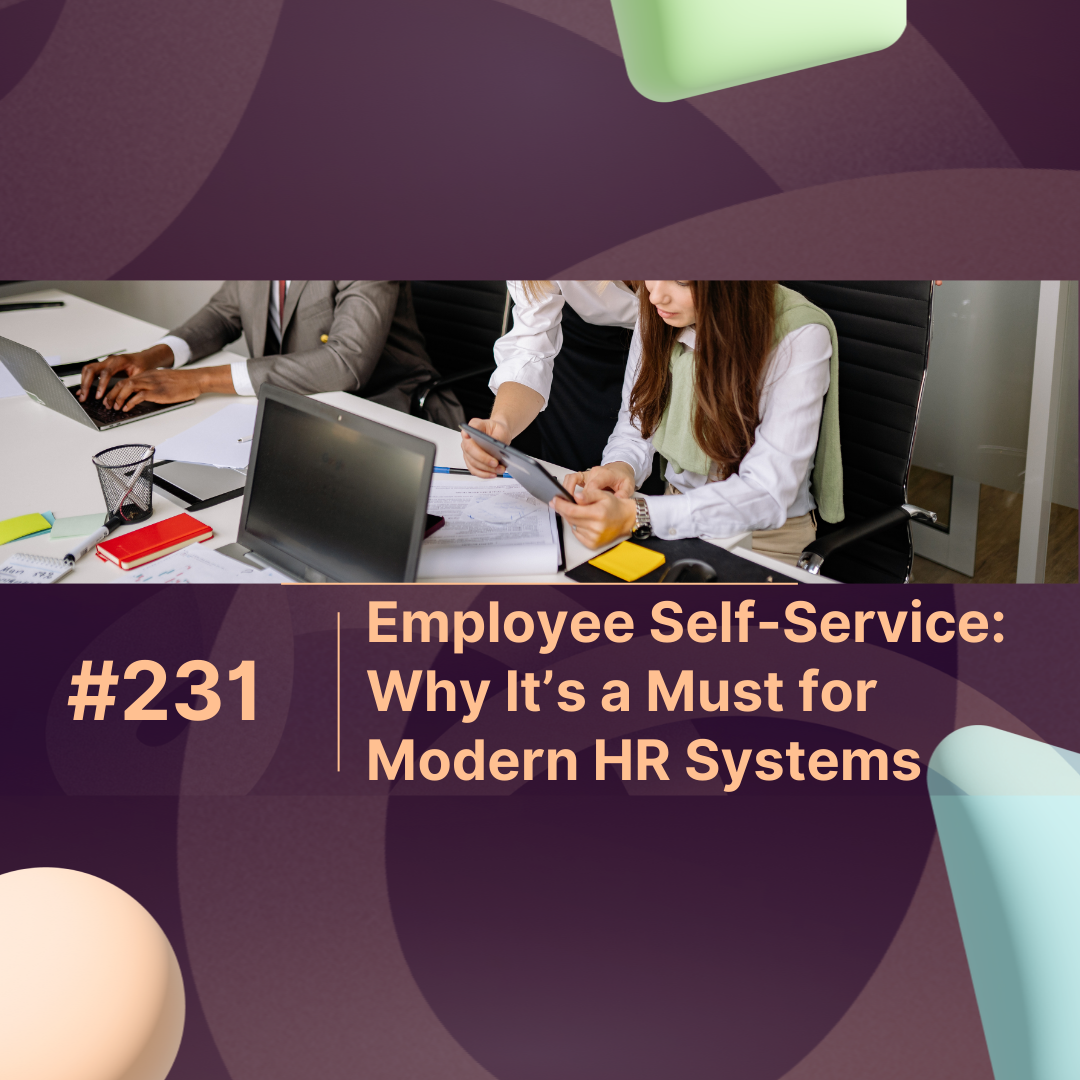Overview
The modern workplace thrives on flexibility, and employee timeoff requests are no exception. In today’s mobile-first era, HR leaders are discovering that giving staff the ability to request, approve, and track leave directly from their phones is transforming engagement and efficiency. According to a 2025 HRTech survey, 78% of employees prefer mobile timeoff request systems over traditional methods. Let’s explore why this shift matters and how tools like MaxHR are leading the change.
Why Employee Timeoff Requests Matter
An Employee Timeoff Request is more than just a scheduling process it’s a vital component of workforce satisfaction and operational balance. When employees can easily plan vacations, sick days, or personal time, companies see fewer scheduling conflicts, better morale, and reduced burnout.
| Factor | Traditional Systems | Mobile Timeoff Systems |
|---|---|---|
| Approval Time | 2–3 days | Instant or < 1 hour |
| Error Rate | 22% | < 5% |
| Employee Satisfaction | 64% | 88% |
| HR Admin Time | 4 hrs/week | < 1 hr/week |
Source: HRTech Insights 2025
Why Employees Prefer Mobile Timeoff Systems
1. Convenience at Their Fingertips
Gone are the days of printed forms and desktop-only portals. With mobile systems, employees can submit a timeoff request anytime, anywhere. Whether they’re on a business trip or at home, it’s as simple as a few taps.
Quick Answer: Staff prefer mobile timeoff request systems because they save time, reduce errors, and give instant visibility into approvals all from their smartphones.
2. Instant Notifications and Transparency
Employees love the real-time visibility mobile systems offer. Once a request is submitted, both the manager and employee receive instant updates. No more wondering if HR received the form transparency boosts trust and accountability.
3. Simplified Manager Approvals
For managers, approving a timeoff request through a mobile dashboard reduces bottlenecks. They can quickly see team availability, overlapping requests, and project deadlines before approving, ensuring productivity continuity.
4. Better Work-Life Balance
Mobile systems empower staff to manage their leave proactively, helping them plan rest periods that align with workload cycles. This autonomy drives employee satisfaction and retention.
5. Integration with Payroll and Scheduling
Modern tools like MaxHR integrate timeoff data directly with payroll and scheduling systems minimizing discrepancies and ensuring accurate compensation. When technology handles repetitive admin, HR teams can focus on strategy, not spreadsheets.
The Business Impact: Efficiency + Engagement
Mobile employee timeoff request systems don’t just benefit staff — they deliver measurable ROI for businesses.
-
25–40% reduction in HR admin workload
-
18% increase in employee engagement (SHRM Report, 2025)
-
Lower absenteeism rates due to proactive planning
The automation of repetitive approval workflows leads to faster decision-making, fewer human errors, and a smoother HR experience overall.
Meet MaxHR: Smart Leave Management for Modern Teams

MaxHR is an intelligent HR platform that redefines how organizations manage employee timeoff requests. It’s built for mobile-first teams who value speed, accuracy, and flexibility.
Key Features of MaxHR:
-
Mobile Leave Requests: Submit and track requests in seconds.
-
Automated Approvals: Streamline manager workflows with AI-powered suggestions.
-
Calendar Integration: Sync leave data with Outlook, Google Calendar, or project tools.
-
Payroll Sync: Automatically update payroll for approved leaves.
-
Real-Time Notifications: Keep employees and managers aligned.
With MaxHR, organizations can reduce HR overhead by up to 40% and improve employee satisfaction scores across all departments.
Try MaxHR today to experience a faster, smarter way to manage employee leave built for the era of mobile work.
Best Practices for Implementing a Mobile Timeoff System
-
Choose a User-Friendly App: Prioritize simplicity and speed employees should navigate it effortlessly.
-
Integrate Across Systems: Ensure your solution syncs with payroll and workforce management tools.
-
Train Teams Properly: Host quick training sessions or create 2-minute walkthrough videos.
-
Encourage Transparency: Promote open communication about approval timelines and policies.
-
Monitor Analytics: Use built-in reports (like MaxHR offers) to spot trends and optimize workforce planning.
Conclusion
Mobile-based employee timeoff request systems are reshaping the modern HR experience. They deliver faster approvals, greater transparency, and improved employee satisfaction. As more organizations embrace mobile-first work cultures, tools like MaxHR ensure companies stay efficient, compliant, and employee-friendly.
Employees prefer mobile timeoff systems because they’re fast, transparent, and integrated and businesses benefit from happier, more productive teams.
FAQs on Employee Timeoff Request Systems
1. What is an Employee Timeoff Request system?
It’s a digital platform where employees can apply for leave, view balances, and track approvals often integrated with payroll and scheduling tools.
2. Why should a company switch to mobile-based timeoff requests?
Mobile systems reduce delays, eliminate paperwork, and enhance user experience. Studies show HR efficiency improves by up to 40% with mobile adoption.
3. How does MaxHR improve timeoff management?
MaxHR automates approvals, syncs with payroll, and offers a user-friendly mobile app that boosts transparency and reduces admin effort.
4. Are mobile timeoff systems secure?
Yes. Reputable platforms like MaxHR use encrypted connections, two-factor authentication, and role-based access control to safeguard employee data.
5. Can mobile timeoff systems integrate with existing HR tools?
Absolutely. Most systems including MaxHR integrate seamlessly with leading HRMS, payroll, and scheduling platforms for unified management.



